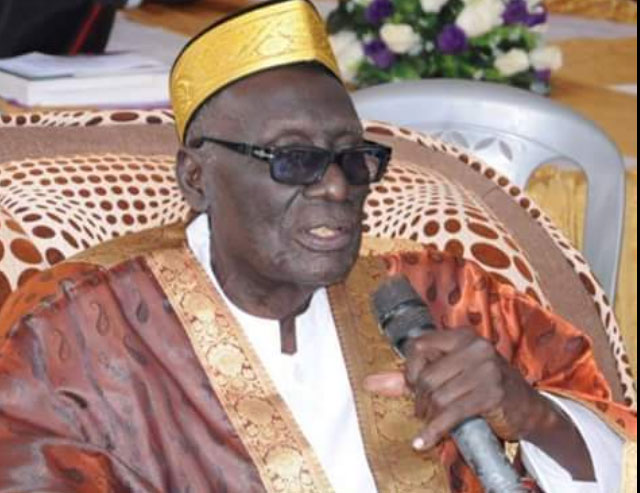
Kampala, Uganda | IAN KATUSIIME | Akbar Adoko Nekyon was Uganda’s first minister of Information, Broadcasting, and Tourism in 1962, drew up Uganda’s first National Development Plan, was first president of Federation of Uganda Football Associations (FUFA) in 1968, and was the first to proclaim to the world that his Democratic Party (DP) had won the 1980 elections. When that alleged victory was allegedly stolen by Nekyon’s cousin, Milton Obote of the Uganda Peoples Congress (UPC) who was declared winner, some people followed then-leader of the Uganda Patriotic Movement (UPM) Yoweri Museveni to wage armed rebellion against the new government.
Described as articulate, forthright, and controversial, Nekyon was destined for a political career by birth. He was the son of a chief; Jekeri Akaki of the Lango clan. Born on August 6, 1931 at Akokoro in present day Apac district, his mother was Abisagiri Koli.
He went to Ibuje Primary School, Ngora Secondary School, and Kings College Buddo. In 1955, he pursued a Bachelor’s degree in Economics at the University of Kerala in India. He further enrolled for a Master’s degree in political science at the same university.
He was one of the few surviving Ugandans who worked in the colonial service where he plied his trade as an interpreter. This was is in the late 1950s and at the time, his true calling was in the offing as independence movements started to gain clout in the country. He soon joined Uganda National Congress (UNC), the first political party, formed in 1952.
Some historians say that being a cousin to Obote influenced Nekyon’s decision to join Uganda People’s Congress (UPC) although others argue that it was out of his own ambition. Nekyon’s father and Obote’s were brothers and their mothers were sisters.
Becoming Minister
In 1961, Nekyon was elected MP for Lango South East and also joined the first post-independence cabinet in 1962 as Minister for Information and Tourism under Prime Minister Milton Obote.
As Minister for information, he set up Uganda Television Services; now Uganda Broadcasting Corporation (UBC). He turned a colonial hospital into the premise for the television studios, where Pearl of Africa Hotel currently stands according to Edgar Muvunyi Tabaro, a former managing director at UBC.
In 1964, he was appointed Minister for planning and community development. In this capacity, he was instrumental in drawing up the first National Development Plan. However, it was also during this time when Nekyon found himself in a fierce political storm.
In February 1966, he was accused by Daudi Ochieng, an MP, of being part of a cabal smuggling gold and ivory from DR Congo. He was accused alongside Prime Minister Obote, deputy army commander Idi Amin and another minister Felix Onama.
Nekyon denied the charges and Obote’s government successfully quashed a proposed inquiry into the allegations.
In May 1966, Nekyon got another cabinet position as Minister of agriculture and cooperatives. He, however, served briefly and resigned over disagreements with Obote whom he thought was beginning to develop autocratic tendencies. Obote had in February ordered an attack on the Buganda Kabaka’s palace in Mengo, sparking the so-called 1966 crisis which plunged the country into political turbulence when Obote abolished the constitution.
 The Independent Uganda: You get the Truth we Pay the Price
The Independent Uganda: You get the Truth we Pay the Price



